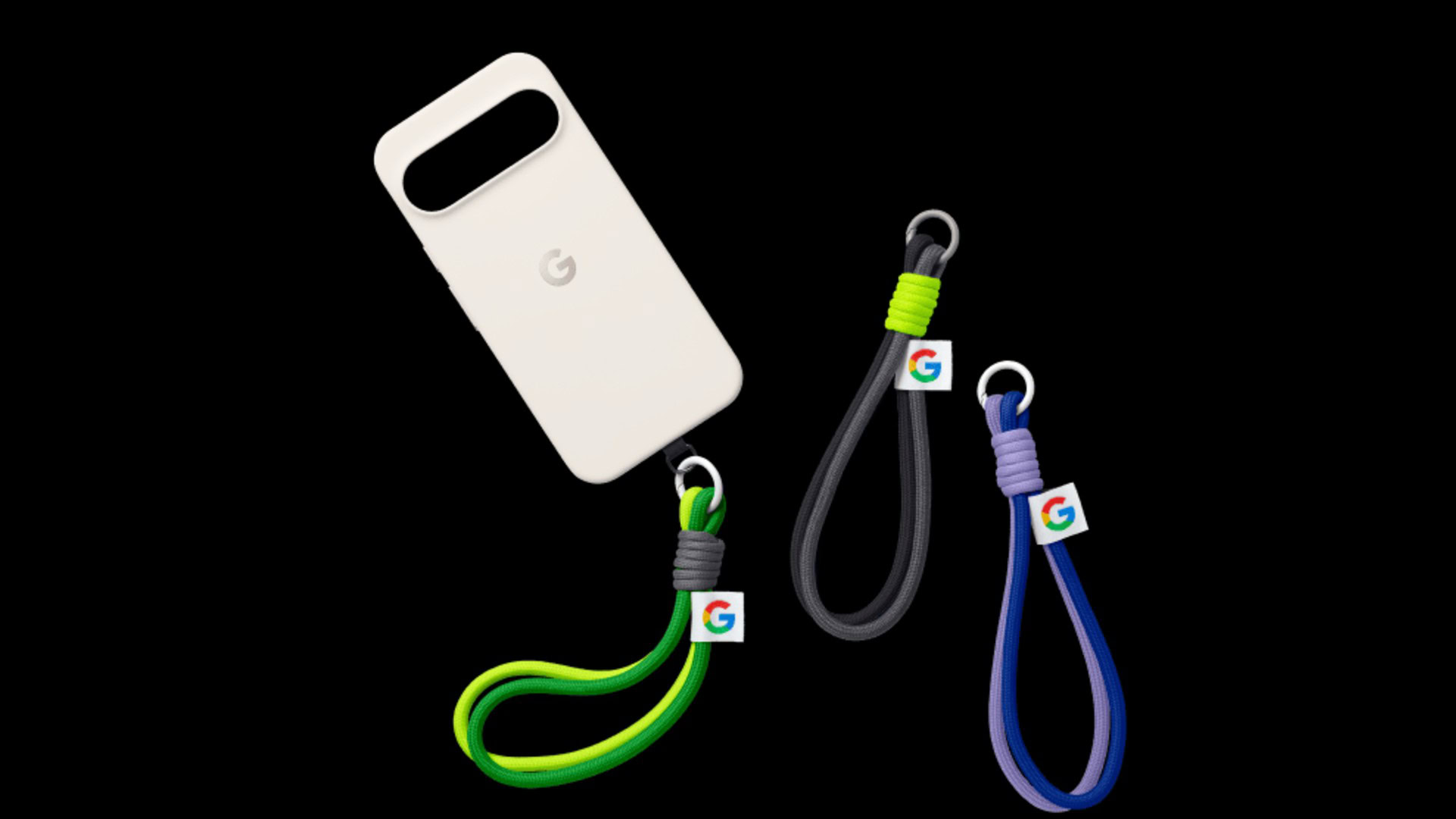Artificial intelligence progresses so fast that their arrival at the labor market has caught many with their foot changed and is already assuming the basic tasks that were previously carried out fellows and recent graduates that began their professional career.
Far from seeing it as a negative factor for the labor market, some executive directors such as Jensen Huang de Nvidia, Eric Yuan de Zoom, Jamie Dimon de JPMorgan or Bill Gates, see the arrival of AI as a complement that will trigger the productivity of employees. According to them, the work week will not cut four days: it will be enough with a three -day work week.
Bill Gates and the three -day week. Bill Gates was one of the first important names in technology to be convinced that AI would improve productivity and make the weekly days of five days unnecessary, being able to reduce them to three days of work.
He did it in an interview in the podcast “What Now?” From Trevor Noah, where he said “if we finally reach a society where we only have to work three days a week or something, there will probably be no problem if the machines can produce all the food and the other products and we do not have to work so much”, and add Bill Gates, “in the short term, the increase in productivity that the AI provides is very interesting. eliminating part of the heaviest work.”
AI is already a reality. For his part, Jensen Huang, at the head of Nvidia, held in an interview with Fox Business that we are “at the beginning of the AI revolution” and pointed out that a broad adoption of artificial intelligence would make feasible the passage to the four -day week. Huang gave as an example the transition of the seven -day work week of the Industrial Revolution to the current one, and pointed out as an evolution the passage to a reduction from working hours to less than five days. Even so, he warns that we could be “more busy in the future than now.”
Jamie Dimon, executive director of JPMorgan Chase, brings a similar vision for the financial sector, one of the most demanding in terms of his workday. As Dimon acknowledged in an interview for Bloomberg TV“Literally they will probably work 3 and a half days per week” in the next generation, thanks to technology.
Zoom CEO also aspires to work less. The last senior executive in positioning the side of the weekly day reduction to three days has been Eric Yuan, the general director of Zoom, who in an interview for The New York Times He assured that “I feel that, if AI can make our lives better, why do we need to work five days a week?”, Adventoring that this trend will free time by unnecessary endless working days.

The impact of AI and the displacement of employment. The data on the impact of AI on the workplace does not paint a near future as optimistic as technological and CEOS millionaires predicted.
The report ‘The Future of Jobs 2025’ The World Economic Forum indicates that about 92 million jobs will be destroyed by trends such as automation and the use of AI. However, at the same time, the study estimates the creation of 170 million new jobs related to the technological development of that automation and AI, which would leave a positive net balance of 78 million jobs.
In that same plot line, some of the main Gurús of the current AI move, such as Dario Amodei, CEO of Anthropic, who assured that many entry positions – especially in office work – are among the most vulnerable to total automation in the next five years. For its part, Sam Altman, CEO of OpenAI, warns that half of the jobs will undergo deep changes “in less than one generation” and that reconfiguration will be so fast that many of the current works will be deeply transformed or replaceable in a few years.
Less days or more productivity. That the labor market will suffer a deep transformation seems clear. What does not seem to be so if that improvement in productivity that the AI will supposedly contribute will be used to improve the living conditions of workers as was done in previous industrial revolutions.
For example, software engineers, one of the sectors most affected by AI automation, evolution has been towards depreciation of their work, demanding more intense and worse remunerated days, instead of obtaining a shorter work week.
In WorldOfSoftware | Microsoft gets serious with the use of github co -ilot: its employees used it little, but that is about to change
Imagen | NVIDIA, Flickr (World Bank Photo Collection), Zoom











